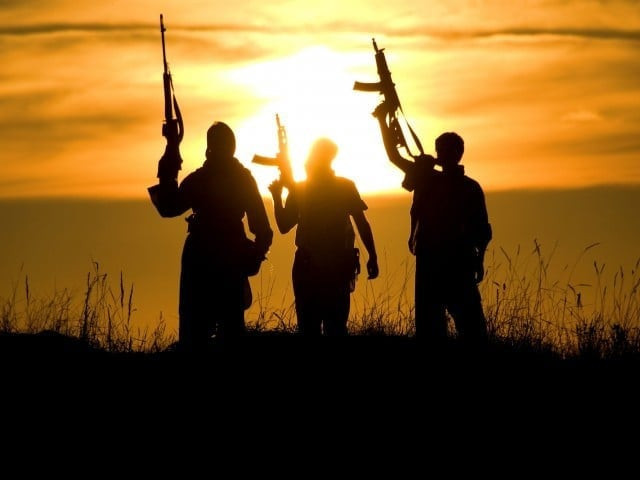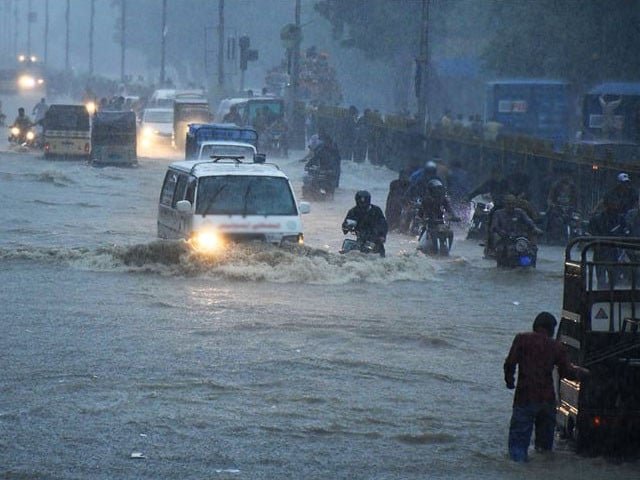Understanding the Cross-Border Threats Facing Pakistan
In recent discussions about regional security, one name has resurfaced: Afghanistan. Former Afghan General Sami Sadat recently revealed alarming insights regarding India’s involvement in supporting anti-Pakistan militant groups through the Taliban. This statement underscores Pakistan’s longstanding concerns about terrorist activities being actively orchestrated from Afghan soil.
Over the past few years, several factors have contributed to an increase in threats against Pakistan. First, the ungoverned spaces in Afghanistan have become breeding grounds for terrorism. The 2021 withdrawal of U.S. troops left behind advanced weaponry, which terrorist groups are now utilizing. Lastly, increased cooperation between the banned Tehreek-e-Taliban Pakistan (TTP) and the Balochistan Liberation Army (BLA) has amplified Pakistan’s security concerns.
The situation in Afghanistan hasn’t improved, with reports indicating that the Taliban provides tacit support to terrorist leaders operating on their territory. A 2024 analysis from West Point highlighted how these groups have created digital command structures tied to foreign intelligence. Airfields controlled by proxy groups have become transit points for arms, making it easier for them to launch attacks across borders.
The growing relationship between drug trafficking and terrorism also poses significant challenges. Afghanistan’s inability to manage its security has turned it into a narco-terror hub, complicating matters for Pakistan and fueling instability, particularly in Balochistan. Local and foreign actors exploit these vulnerabilities—indicating that what might seem like a trade issue is really a strategy to destabilize the region.
Since early 2024, Pakistan has documented thousands of incidents of Indian-sponsored terrorism along its border. These acts, backed by state resources, have escalated tensions not just within Pakistan but across South Asia. Other regional neighbors have also fallen victim to India’s strategies, illustrating the broader impact of state-sponsored terrorism on stability in the region.
The implications are clear: terrorism in Pakistan isn’t merely an internal issue; it’s part of a broader proxy war. Pakistan’s military leadership has emphasized the necessity of decisive action against these external threats.
In essence, as we navigate these intricate geopolitical dynamics, it’s vital for the international community to recognize the dangers posed by inaction. The challenges Pakistan faces today could easily extend beyond its borders and affect global security.
To foster further discussion about these pressing issues and to stay informed, feel free to connect with communities that delve deeper into national security and regional stability topics. Your engagement matters now more than ever. For deeper insights, consider checking in with Pro21st, where we explore these themes further.





